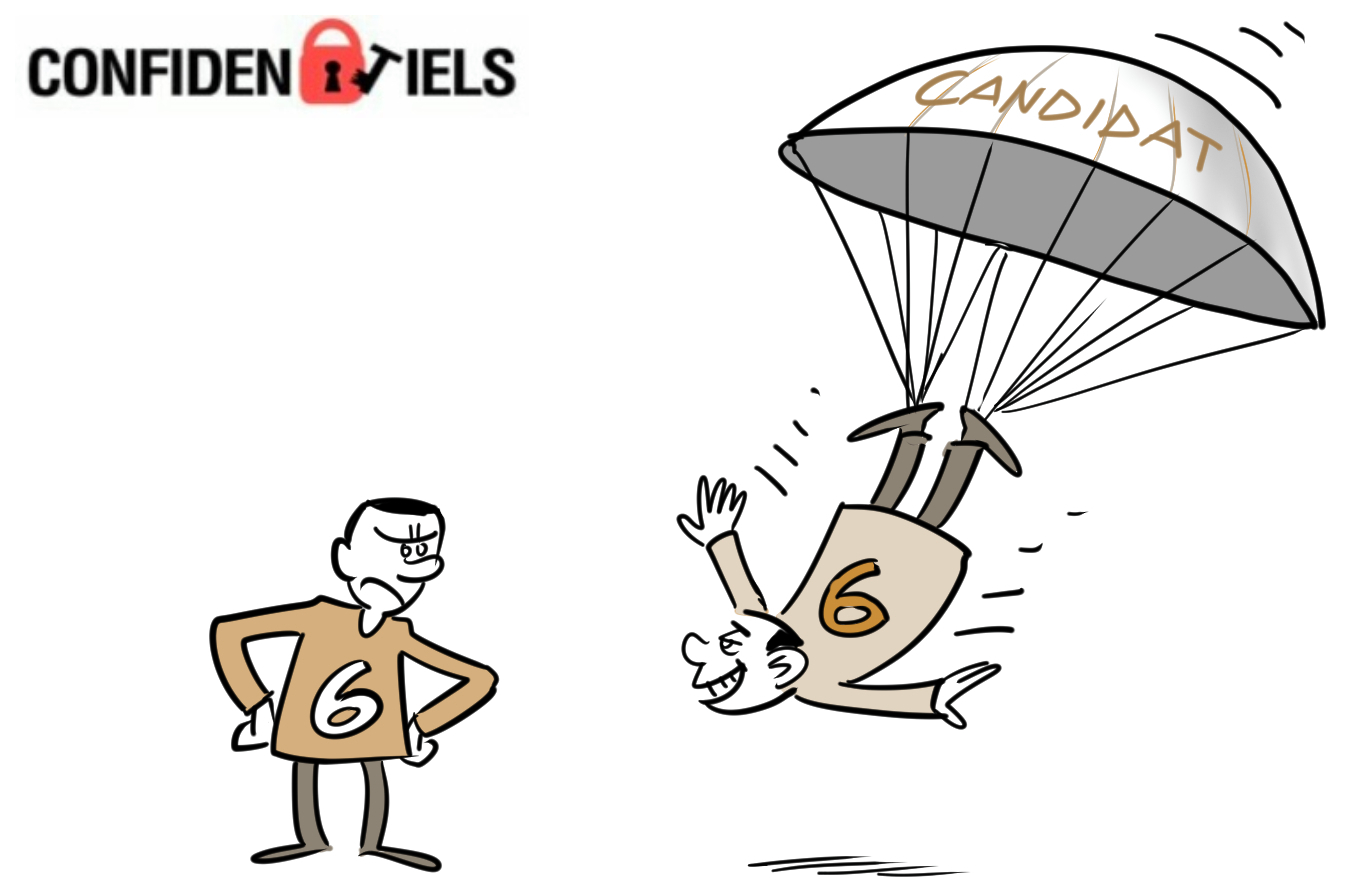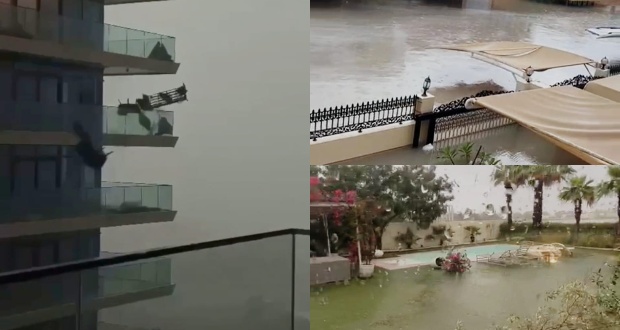Publicité
Covid-19: Shocks & Crisis Ahead
Par
Partager cet article
Covid-19: Shocks & Crisis Ahead

The global economy and markets will now be facing correction after the end of its lockdown. An instinctive impulse to exercise prudence in investing and lending has already materialized worldwide. Should the consumer cut back significantly on spending due to fear of infection, the impact on real economy will be very serious. “A black swan in the market is an event that has catastrophic and unpredictable effects that render useless models based on data” as per the Financial Times. In August 2007, the financial crisis of the housing sector in the United States led to a full blown recession in the world. And presently the world is still facing a Pandemic War across the transatlantic. And we still don’t know how markets will recover over the next twelve months.
According to Professor Robert Shiller of Yale University “the essential purpose of an Asset Relief Package is to prevent a fundamental loss in economic confidence in our institutions both public and private and to maintain a sense of social justice. In other words one should avoid economic collapse and save the vulnerable. Much will also go to save creditors of newly bankrupt institutions with long term consequences.”
A full-blown crisis may likely to develop in Mauritius if not managed properly. It is an unprecedented challenge of high magnitude. It may lead to destruction of national wealth, unsustainable household debts, bankruptcy of major companies and banks. Correction may be so painful resulting in massive unemployment. The fundamental question then becomes what should be done to improve the current slowdown before it becomes a full blown crisis? The picture ahead is still unclear and we should avoid the bottoming process. We have to ensure stability of our financial system and Real Economy. Big institutions like Air Mauritius and SBM are too connected to be allowed to fail. Authorities need be decisive to restore confidence in the society.
The deceleration of economic activities will reduce the capacity of companies and households to service repayment of their debts. A recession is already looming on the shores. The bust will remind us of past mistakes of some political leaders who have dragged the nation into massive projects costs overrun. The BAI Affair has cost the treasury enormously and public funds have been depleted and now scarce. Yet governments have remained stubborn over the years as revealed by the numerous Public Annual Audit Reports.
Five Battlegrounds remain :
- Credit and liquidity crisis
- The black hole issue
- Taxpayers’ money not a casino
- The crisis may be deeper and longer
- Unemployment and social crisis
The downturn in consumer spending will entail downside risks for companies. The more consumers’ confidence being sapped due to fear, the longer it will take for business to rebound. Most vulnerable are the airlines, tourism, restaurants, consumer durables, sports and entertainment. The liquidity crisis pulls down Asset Prices and create solvency problems. To avert this meltdown, credit must be made available to the companies. While banks will exert great prudence to finance the Corporate sector and Consumer debt, the Central Bank may intervene in the money market in the form of lending guarantees. Loans provided by banks under such guarantees should be under strict conditions; and regarded as cumulative preferred debt with taxpayers’ money getting paid before other creditors. The prerogative to assess the proposals on merits should rest exclusively on the banks. It will prevent political nominees to interfere in technical matters creating lapse of judgment.
With the crisis unfolding further over the year, a consolidation of the Banking Sector may be required to clear any mess. Any Zombie bank which is neither alive nor dead arising from the past few years should be shut down. Absorbing public funds into such black holes will lead our country to a lost decade. The ordeal of bad loans granted to political proteges causing the shut down of another bank should not be forgotten as well.
There is a duty to use public funds to restore confidence in the economy. Government and the Central Bank should however avoid to play their own economic theories in denial of monetary policies, asset prices and inflation. In such a scenario they deal only with the economic consequences of the national lockdown and to bail out business shareholders. Workers to presently lose their jobs in denial overnight of their rights for an acceptable compensation fought hard over the years and achieved. And should the government persist to raise our national debt without any morale consideration, refuse to set a limit to the size of the bail out of shareholders and use taxpayers’ money and national reserves as a casino then our nation will be at its own risks and perils.
The crisis will not be the only outcome but the recession will deepen and be longer. Government response in fact needs to be fully transparent to inspire optimism. This is a crisis of leadership as well. The scope of the problem must be fully understood by the government and all the MPs. To allow an unprecedented level of fear to grip our citizens and workers is merely unacceptable and will have serious unintended consequences. It endangers our whole society and economy. Failure is not an option as our currency, householders, workers and business will face blows with tragic consequences.
In 1930s wages were cut in the U.S and reinforced deflation with disastrous consequences. Japan suffered it in the 1990s. Deflation will be deadly for an indebted economy like Mauritius. All should be done to prevent the crisis to unfold into a worse scenario.
The Covid-19 Bill has not yet convinced the nation as a whole and has cast genuine doubts on the motives of the government. No consensus governance has been reached with stakeholders of the nation and there is so much outrage outside. Government should look for better deals for the workers and keep the confidence to get our citizens back to high positions. The world will be back to normal when the vaccine be found the earliest and the richest countries expanding their domestic demand. Government actually does not see the whole picture. It sees only part of it.
Publicité
Les plus récents






